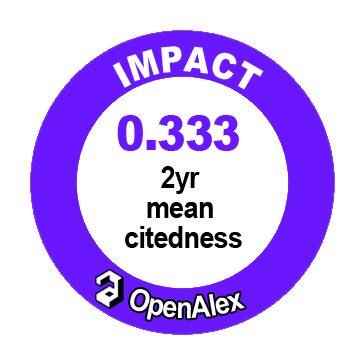Does Electricity Access Relate to Stakeholders’ Satisfaction? Empirical Evidence from Small and Medium Enterprises in North-West, Nigeria
DOI:
https://doi.org/10.20448/journal.518.2019.41.35.43Keywords:
Electricity access, Stakeholders’ satisfaction, Firm age, Firm size, Leverage, SMEs.Abstract
Several scholarly studies have been conducted to establish relationships of electricity access to business financial performance. Nonetheless, little is known about energy-stakeholders’ satisfaction relationships. The few studies that do exist on the topic often lack control variable. Thus, this is the motivation behind the present study. Therefore, this paper provides an empirical analysis of the effect of controlling firm characteristics in the energy-stakeholders’ satisfaction relationships. A multiple linear regression model is applied to primary data collected through structured questionnaire in five–point rating scale format to test the hypothesis via SPSS version 23. Results based on cross-sectional survey data from 245 sampled SMEs operating in the city of Kaduna, Kano, Katsina and Sokoto state in manufacturing, hotel & restaurant and wholesale & retail sector show evidence of a strong positive statistically significant relationships between electricity access and SMEs stakeholders’ satisfaction with electricity access t (245) = 9.138, p < 0.001; firm age t (245) = 4.404, p < 0.001. Subject to appreciable effect on stakeholders’ satisfaction, this study recommends an urgent need to step up electricity supply to SMEs in order to accelerate satisfaction level of firms’ stakeholders. Increasing electricity access should involve optimal production and utilization of generation capacity and/or reduction of transmission and distribution losses. Above all, SMEs villages/clusters should be built to promote industrial activities on the basis that access to reliable electricity supply is collectively and affordably provided by the relevant host authorities to investors and operators.





